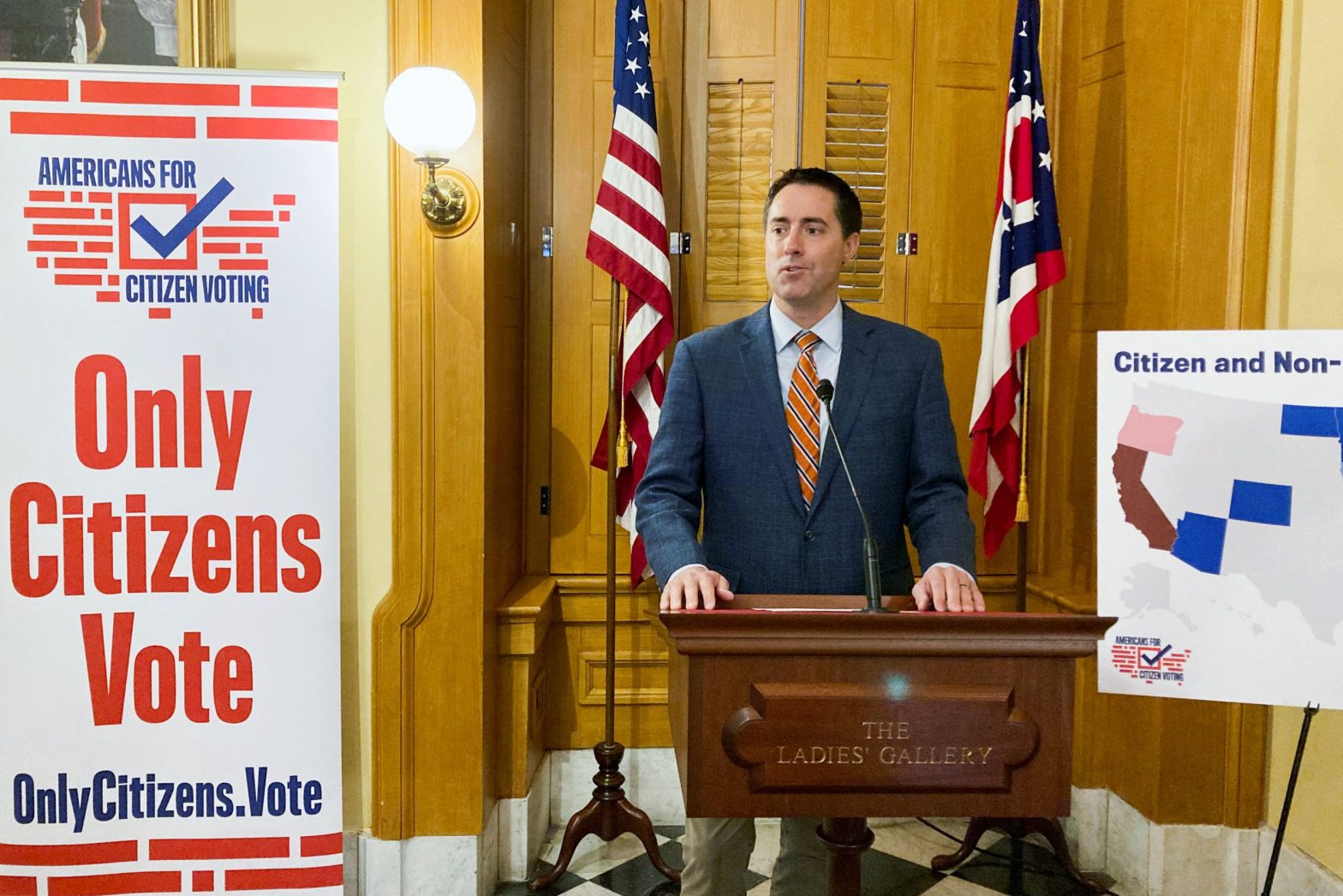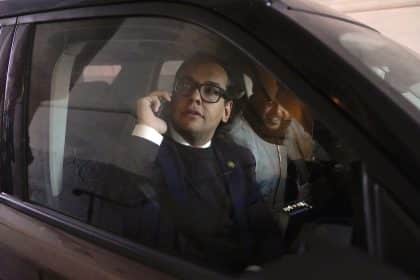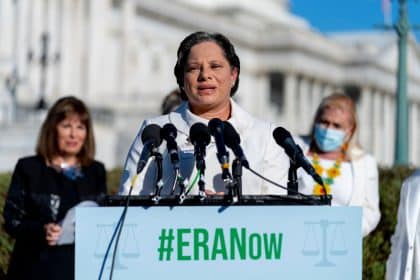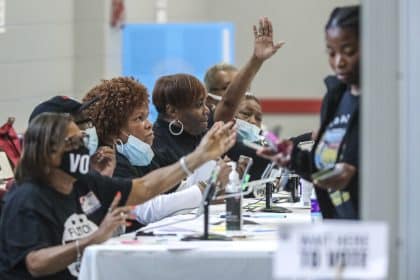Voter Integrity Lawsuits Abound Leading to Midterm Elections

WASHINGTON — Disputes over voter integrity are carrying over to lawsuits leading up to the Nov. 8 midterm election on how each state performs its constitutional duty to ensure politicians are fairly elected.
Most of the roughly 100 lawsuits challenge voting rules, despite the fact U.S. Supreme Court decisions in recent years give them minimal chance of winning.
The Republican-led lawsuits generally seek to ensure only qualified American citizens vote. Many of the Democrat-inspired lawsuits are trying to make the vote easier and accessible to more voters.
Some of the lawsuits claim voter intimidation by self-appointed ballot box monitors. Others contest the authenticity of mail-in ballots, which critics say can be too easily forged.
One of the few court victories against a state so far was issued last month by a Michigan Court of Claims judge. He ruled that state election officials are banned from using a manual describing the rights and duties of election challengers and poll watchers.
A polling place challenger or watcher refers to persons appointed to verify the eligibility of voters when they show up to cast ballots. The challengers are appointed by the local chairmen of major political parties.
The Michigan lawsuit was filed by the Republican National Committee and its state affiliates.
The court’s ruling said some provisions of the election challenger manual were not authorized under state law or failed to be approved through proper rulemaking procedures. One provision overridden by the court would have prohibited use of electronic devices at absentee counting boards.
Like revisions to many state voting laws in the past two years, the Michigan manual was prompted by former President Donald Trump’s disputes over the 2020 presidential election, according to the Michigan Bureau of Elections.
Michigan’s secretary of state “not only disregarded Michigan election law in issuing this guidance, she also violated the rights of political parties and poll challengers to fully ensure transparency and promote confidence that Michigan elections are run fairly and lawfully,” the Republican National Committee said in a statement.
The Republican National Committee has won other lawsuits in Nevada and Arizona on procedures for appointing poll workers.
In a pending Pennsylvania case, the state Supreme Court is trying to decide whether mail-in ballots without dates on the envelopes can be counted.
The court granted an emergency request by Republicans for a ruling, which is expected as soon as this week.
State law requires that mail-in ballots be signed and dated by voters.
Republicans say the ballots should be thrown out if they are not dated. Democrats, who outpace Republicans for using mail-in ballots, say the dates are important but not required for the votes to be counted.
In Arizona, voting rights advocates are seeking a court order to keep self-proclaimed citizen monitors away from ballot drop boxes.
The Arizona Alliance for Retired Americans and Voto Latino say the monitors are intimidating voters. The monitors say they are recording the number of voters to ensure the count is accurate.
Complaints by people dropping off their ballots led police in Arizona to respond to confrontations about a half-dozen times. Some of the voters said the monitors were armed.
A request last week by the voting rights advocates for a temporary restraining order in U.S. District Court was denied. They appealed to the 9th U.S. Circuit Court of Appeals.
“Absent emergency relief, defendants’ ongoing campaign of voter intimidation at ballot drop boxes in Arizona will continue and likely get worse, irreparably depriving Arizona voters of their right to vote freely and without intimidation through the means that Arizona law provides, and irreparably harming plaintiffs and their members,” the appeal says.
They are seeking a court order against anyone affiliated with Clean Elections USA, which claims on its website to be “a grassroots organization committed to election integrity.” Clean Elections USA officials deny intimidating voters.
Regardless of what happens with this year’s midterm lawsuits, election integrity disputes are likely to become heated again when the U.S. Supreme hears oral arguments Dec. 7 in Moore v. Harper.
The case tests the “independent state legislature” theory to determine whether Article I, Section 4, Clause 1 of the U.S. Constitution gives each state wide discretion on how they conduct federal elections within their jurisdiction. Some members of Congress want to set minimum standards on election procedures.
Tom can be reached at [email protected] and @TomRamstack























